3 Shoulder Injuries That Benefit from Orthobiologics
The medical world has seen exciting advancements in recent years. And one that shows very promising potential is orthobiologics.
Orthobiologics use special cells in the body to activate and support the healing process. When concentrated and injected into specific areas with damage or disease, they can promote healing and reduce pain.
How? They naturally reduce inflammation and trigger cell production in the area. As healthy new cells return to the site, you experience less pain and restored function.
Dr. Jared Tadje uses orthobiologics, including platelet-rich plasma (PRP), to treat numerous issues at Tadje Orthopaedics in Meridian, Idaho. These therapies are highly effective, especially with shoulder injuries.
Here are three shoulder injuries that can benefit from orthobiologics.
1. Sports Injuries
First up, one area where orthobiologics really shine is sports injuries, for example:
-
Sprains and strains
-
Tendinitis
-
Cartilage tears
-
Stiffness
-
Fractures
The beauty of the stem cells used in orthobiologic treatments is that they can become virtually any tissue in the body, including soft tissue, cartilage, and bone. Similarly, the growth factors in PRP activate and support the healing process.
If you have a sports injury involving your shoulder, Dr. Tadje could suggest a series of orthobiologic injections to activate the healing process.
2. Rotator Cuff Injury
One of the leading shoulder injuries involves the rotator cuff. For many, this injury develops from repetitive movements, which causes tissue in the area to break down.
Rotator cuff injuries can vary from tendinitis and bursitis to partial or full tears. But orthobiologics can still offer solutions, even if Dr. Tadje recommends surgery to repair your shoulder damage.
Orthobiologic therapy can provide healing benefits on its own or in combination with more extensive treatments, like surgery. In these cases, it helps accelerate the recovery process.
And if you do need surgery to repair your rotator cuff, Dr. Tadje specializes in minimally invasive arthroscopic techniques, which make the process even easier.
3. Osteoarthritis
Finally, if you have damaged cartilage in your shoulder due to arthritis, orthobiologics can give you a new lease on life.
As mentioned above, orthobiologics help regenerate healthy cells in an area with damage and disease. That makes them highly valuable options for conditions like osteoarthritis, especially when used before cartilage damage becomes profound.
In many cases, orthobiologic treatments can even help delay the need for more extensive treatments, like surgery.
What to Expect From Orthobiologics
This is only the beginning when it comes to orthobiologics. If you have pain or injury anywhere in your body, it’s worth scheduling a consultation with an expert like Dr. Tadje.
After performing a comprehensive exam, Dr. Tadje can outline the best treatment options.
If Dr. Tadje recommends orthobiologics, you can rest easy knowing it comes with few risks, complications, and downtime. Since it comes from your own body, people usually tolerate the injection well.
To perform your treatment, Dr. Tadje withdraws some bone marrow or blood, depending on the cells needed for your injury. Then he concentrates the sample for injection.
After your orthobiologics treatment, you can often resume regular activity, but you may feel tenderness or discomfort at the injection site. This is completely normal as the cells get to work activating the healing process.
Since orthobiologics work to heal an injury, it can take time to see results. It can take up to three months to see complete results from your treatment, and Dr. Tadje could recommend a series of injections for optimal results.
Do you have a shoulder injury? Contact Tadje Orthopaedics in Meridian, Idaho, by calling 208-515-2654 to see if orthobiologics can help.

